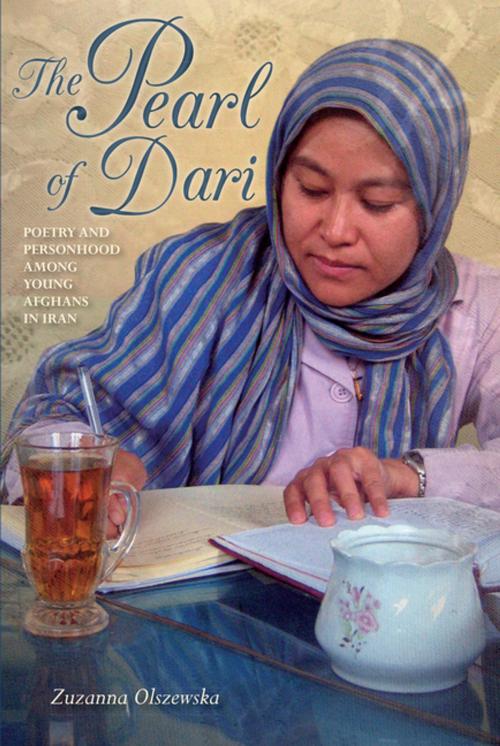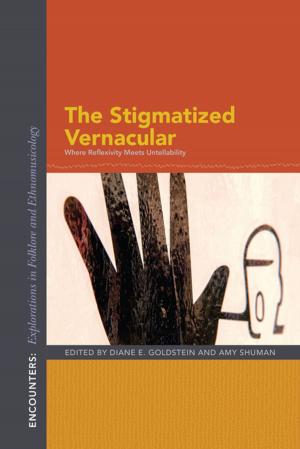The Pearl of Dari
Poetry and Personhood among Young Afghans in Iran
Fiction & Literature, Literary Theory & Criticism, Asian, Middle Eastern, Nonfiction, History, Asia| Author: | Zuzanna Olszewska | ISBN: | 9780253017635 |
| Publisher: | Indiana University Press | Publication: | November 16, 2015 |
| Imprint: | Indiana University Press | Language: | English |
| Author: | Zuzanna Olszewska |
| ISBN: | 9780253017635 |
| Publisher: | Indiana University Press |
| Publication: | November 16, 2015 |
| Imprint: | Indiana University Press |
| Language: | English |
The Pearl of Dari takes us into the heart of Afghan refugee life in the Islamic Republic of Iran through a rich ethnographic portrait of the circle of poets and intellectuals who make up the "Pearl of Dari" cultural organization. Dari is the name by which the Persian language is known in Afghanistan. Afghan immigrants in Iran, refugees from the Soviet war in Afghanistan, are marginalized and restricted to menial jobs and lower-income neighborhoods. Ambitious and creative refugee youth have taken to writing poetry to tell their story as a group and to improve their prospects for a better life. At the same time, they are altering the ancient tradition of Persian love poetry by promoting greater individualism in realms such as gender and marriage. Zuzanna Olszewska offers compelling insights into the social life of poetry in an urban, Middle Eastern setting largely unknown in the West.
The Pearl of Dari takes us into the heart of Afghan refugee life in the Islamic Republic of Iran through a rich ethnographic portrait of the circle of poets and intellectuals who make up the "Pearl of Dari" cultural organization. Dari is the name by which the Persian language is known in Afghanistan. Afghan immigrants in Iran, refugees from the Soviet war in Afghanistan, are marginalized and restricted to menial jobs and lower-income neighborhoods. Ambitious and creative refugee youth have taken to writing poetry to tell their story as a group and to improve their prospects for a better life. At the same time, they are altering the ancient tradition of Persian love poetry by promoting greater individualism in realms such as gender and marriage. Zuzanna Olszewska offers compelling insights into the social life of poetry in an urban, Middle Eastern setting largely unknown in the West.















